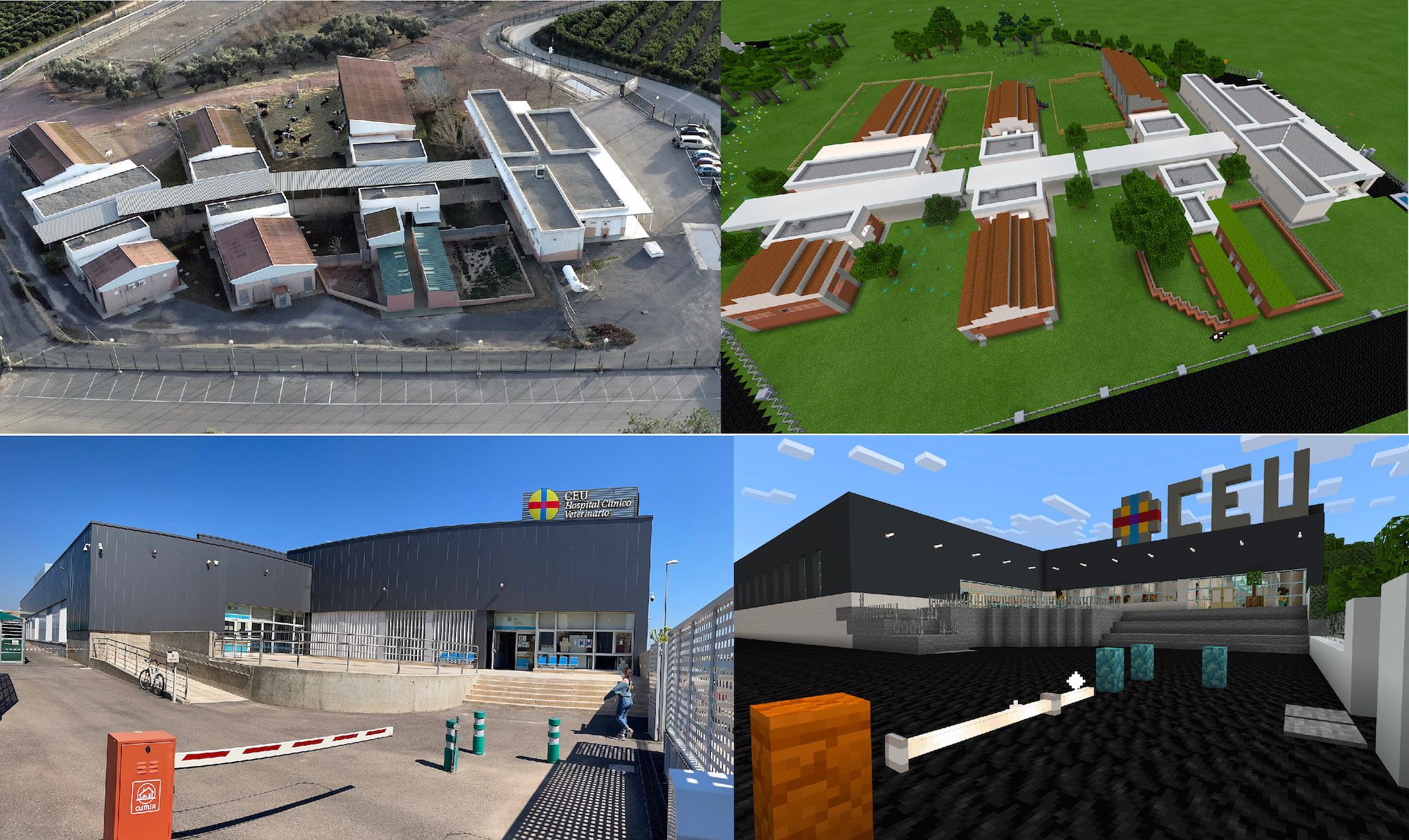It is the first faculty at CEU Universities to construct its own metaverse, creating a virtual replica of the real campus, using the educational version of Microsoft’s videogame Minecraft
The CEU Cardenal Herrera University (CEU UCH) in Valencia has created a replica of all the facilities of the Faculty of Veterinary Medicine, in the form of a virtual environment or metaverse, similar to that of a videogame. Using Minecraft: Education Edition, the educational version of Microsoft’s popular videogame, the CEU UCH Faculty of Veterinary Medicine has become a pioneer in higher education, with its metaverse reproducing University buildings and equipment. The Faculty’s classrooms and the facilities of CEU UCH’s Hospital Clínico Veterinario and the Teaching and Research Farm have been completely reproduced in this virtual environment. Students can explore it by completing quests, revising course materials and practical training tasks, undertaking assessments and administrative procedures, or by interacting with their lecturers’ avatars. It’s the gamification of university.
The metaverse in the university environment opens up many new and interesting possibilities. This Minecraft metaverse has been initially developed for the Bachelor’s Degree in Veterinary Medicine at CEU UCH, but the plan is to extend it to the whole of CEU Universities. In this way, it will be possible to enter virtual classrooms, to go over the materials covered in in-person teaching using audio and video content, to interact with the lecturer’s avatar, and to undertake mock exams using Forms questionnaires while also gaining feedback on performance.
Students can also move around the practical training facilities, operating theatres and other areas. Some of these have undergone 360° scanning, enabling students to get to know the physical surroundings and equipment (CT scanners, high-precision microscopes, surgical appliances, etc.). This will reduce student stress, as they will be acquainted with the layout of the physical facilities when they undertake their practical training activities and assessments.
The University’s students will also be able to use this virtual version of the campus to access the range of University Services at CEU UCH, with the Services’ helpdesks on Teams becoming integrated into the metaverse. In this way, students will be able to use the metaverse to undertake administrative tasks by interacting with the avatars of the Services’ staff in this virtual environment.
In the Minecraft metaverse, students can move around the classrooms, the Hospital Clínico Veterinario, and the Teaching and Research Farm, and use audio and video content, undertake mock exams, or view the facilities and practical training equipment
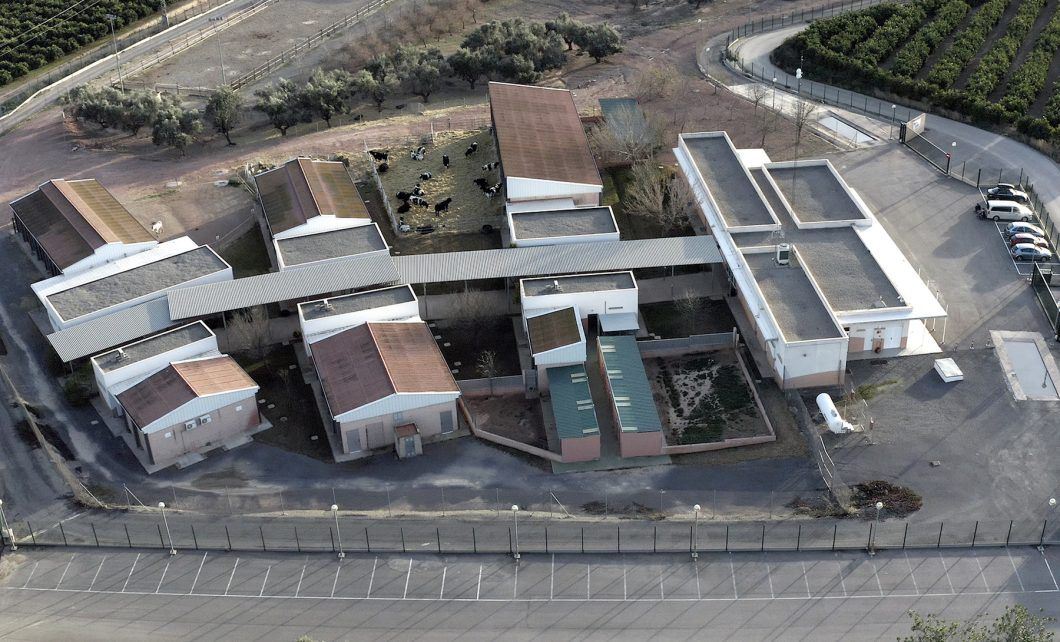
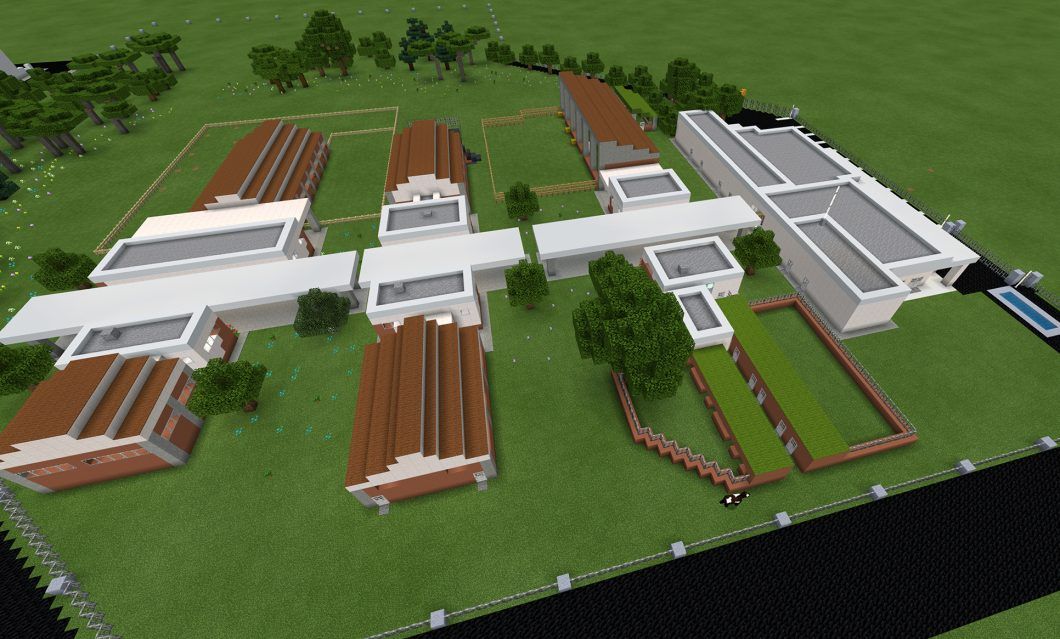
Educational experience in virtual environments
One of the developers of the CEU UCH metaverse is Juan Manuel Corpa, professor of Histology and Pathological Anatomy, and he has already used it as part of the courses he teaches. “This metaverse enables us to include, for example, high resolution microscopic images, scanned from histological samples. Students can access the metaverse at any time to view and review these images, using professional tools, enabling them to revise content from in-person lectures,” Professor Corpa said.
As part of the gamification of the educational experience in this virtual environment, a quest has been designed, comprising 30 minutes of audiovisual material and tests which enable students to revise and prepare for their exams. “In our first test of the metaverse, which 200 students took part in, we found that this virtual campus reduced student stress and enabled them to revise content and acquire the skills they needed to approach their exams with confidence, while participating in a fun and appealing activity,” Prof Corpa said.
Students can use it to access the University Services’ helpdesks and interact with the lecturers’ and administrative staff’s avatars
Life on campus… and in the metaverse
This first stage of the CEU UCH metaverse enables the university to promote campus activities, on both the physical and virtual campuses. Students can move around the virtual environment and follow the clues to complete the quest, which also includes simulated radio and TV news items. Students can meet up for a coffee with classmates and lecturers at one of the nearby cafés which have also been virtualized.
The next stage of the project will involve incorporating the urban environment surrounding the campus into the metaverse. This will enable students to carry out administrative tasks with the local council and even to purchase items from local shops which wish their online businesses to form part of this metaverse. In this way, students will truly be able to have a second life within the metaverse, once the virtual campus and the urban surroundings are totally developed. QR codes will be placed around the real campus to enable students to enter the virtual environment.
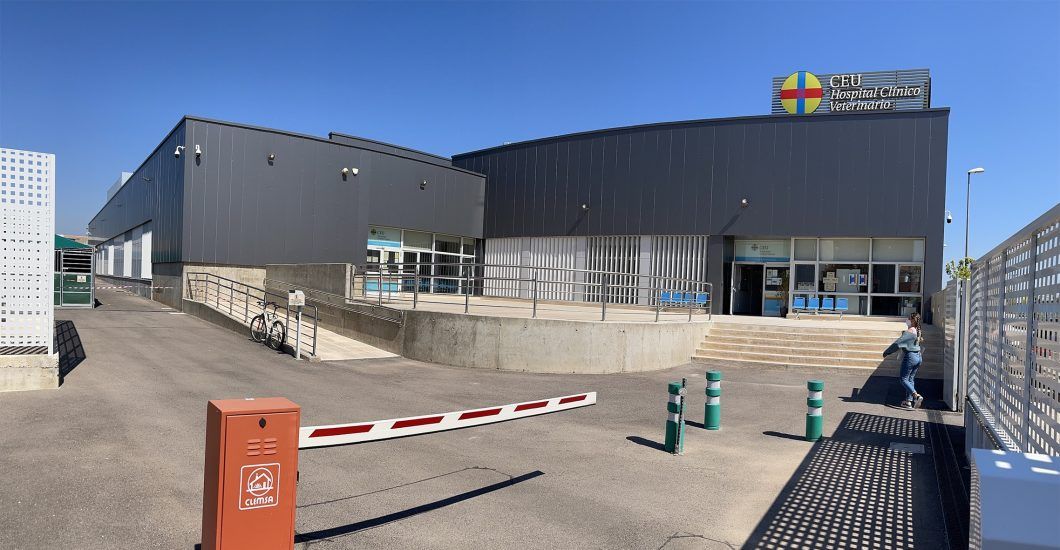
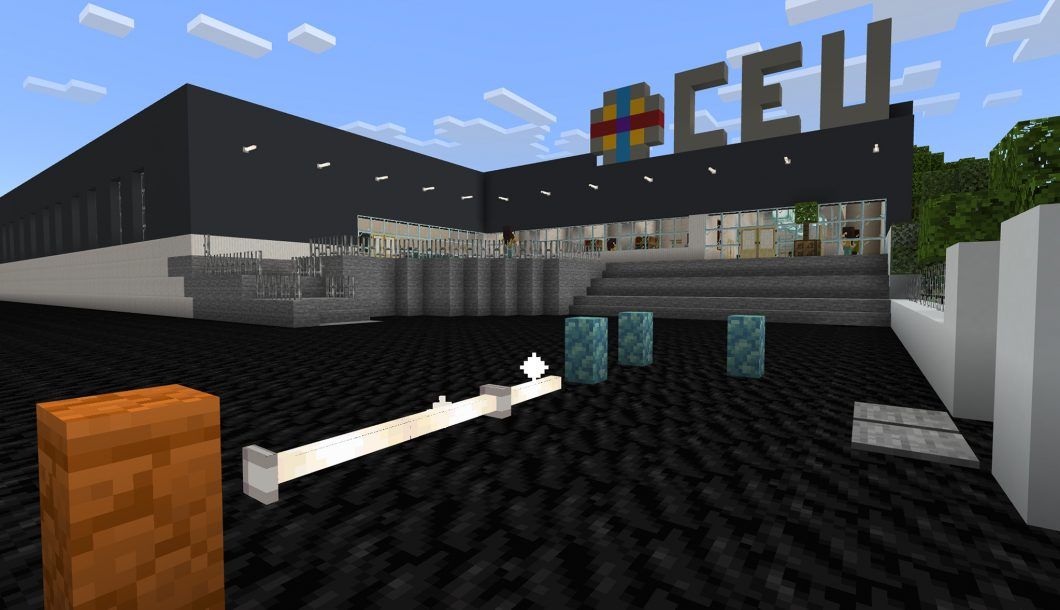
It will be one of the first experiences of virtual university teaching in Europe, enabling students to revise content from lectures and reduce stress before tests and exams
Microsoft, our technological partner
The CEU Universities metaverse has been developed with Microsoft, our technological partner. This collaboration has included making use of Minecraft: Education Edition, as the platform for the whole project; Microsoft Power Automate, to create automatic response flows; and other programs from the Microsoft Office 365 suite, which are more widely used within teaching at CEU UCH, such as Forms for assessments, Excel for administration tasks and performance analysis, Outlook for email, Stream for video, PowerPoint for presentations, and Teams, which is the medium used at CEU UCH for its online helpdesks.
All of these programs have been integrated into the CEU UCH metaverse with the support of CEU Universities’ Digital Transfomation Unit, which seeks to facilitate the implementation of the ground-breaking teaching methods which virtual environments make possible. The plan is to broaden the scope of this project and to progressively include other CEU UCH study programmes, and then all the CEU Universities’ campuses in Spain, together with their urban environments. This will contribute to the development of ‘smart cities’ with the CEU campuses at the heart of them.


